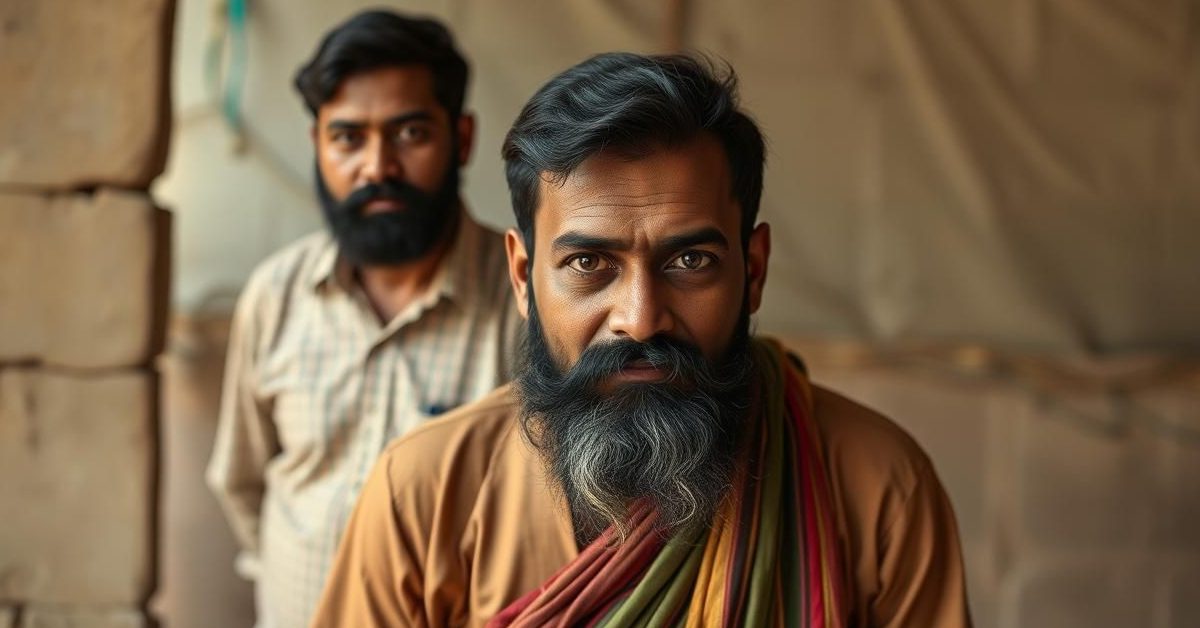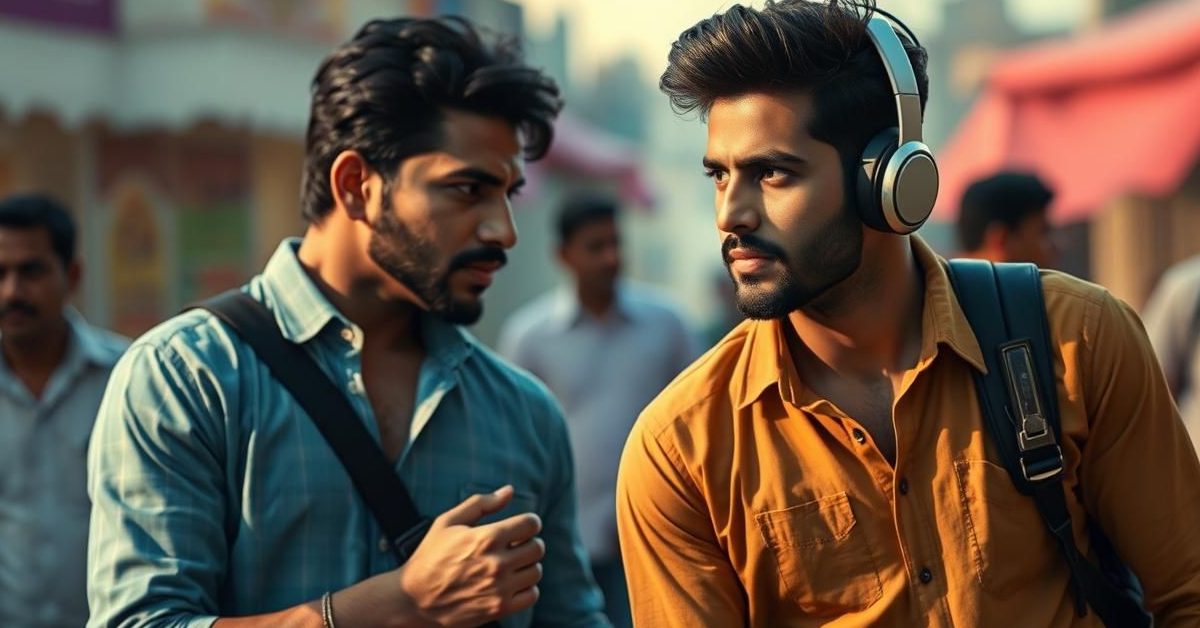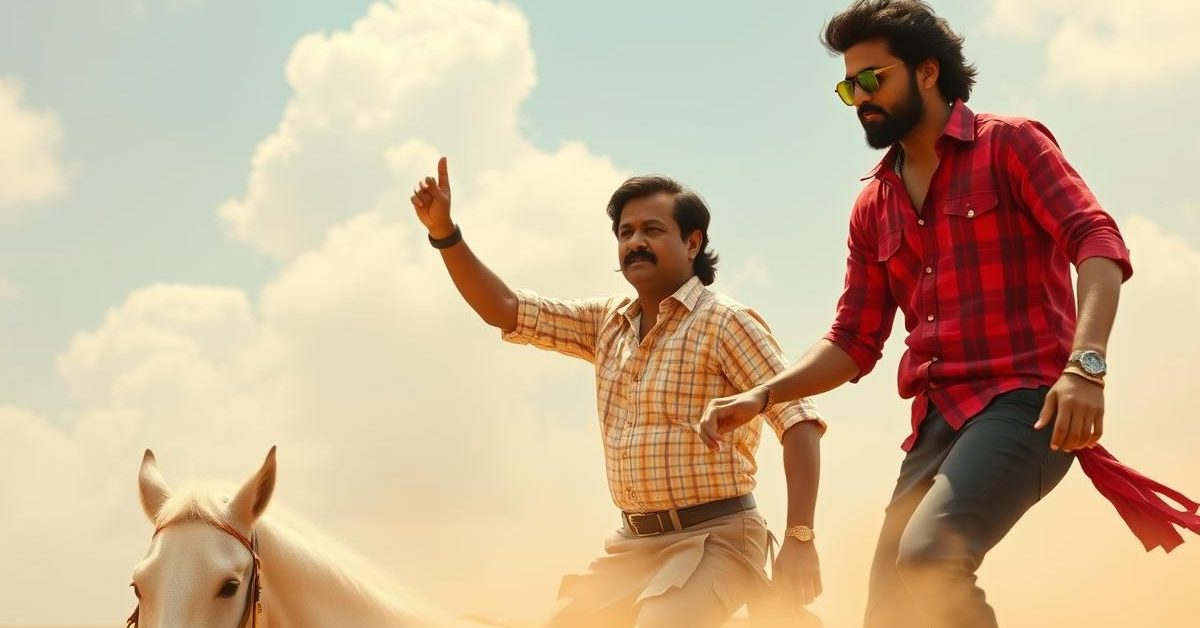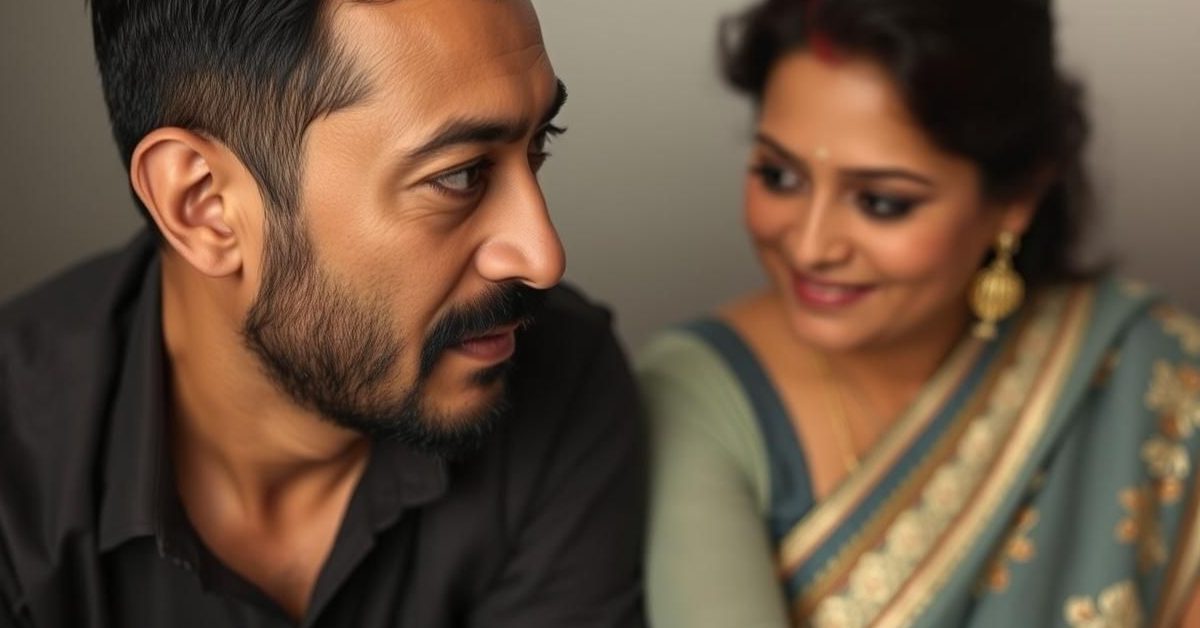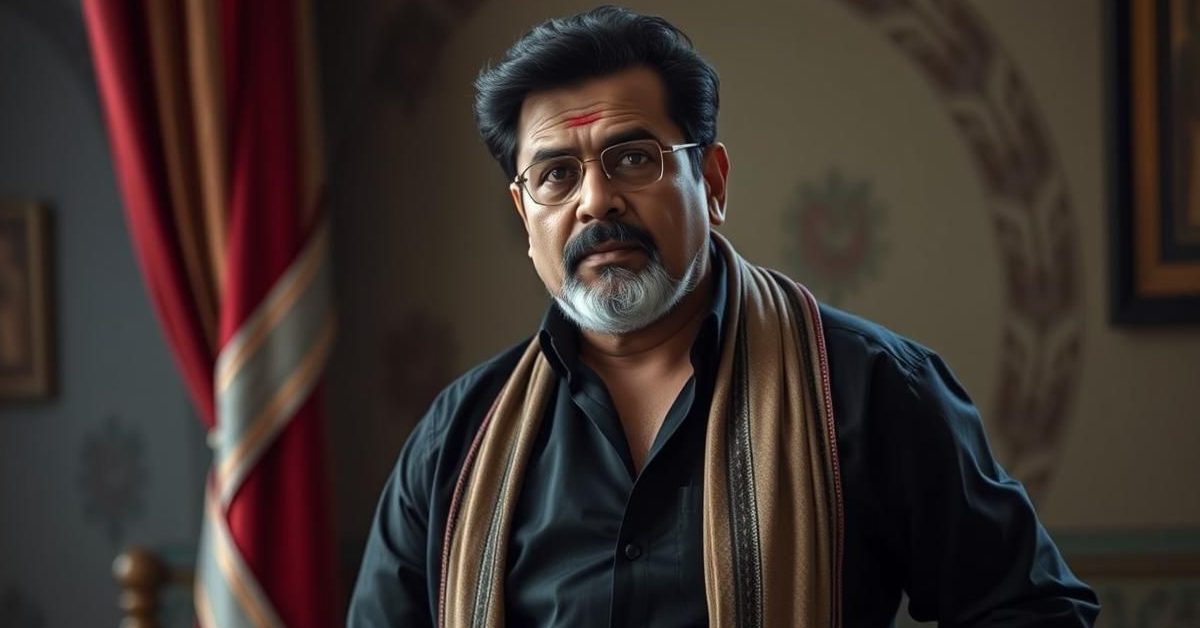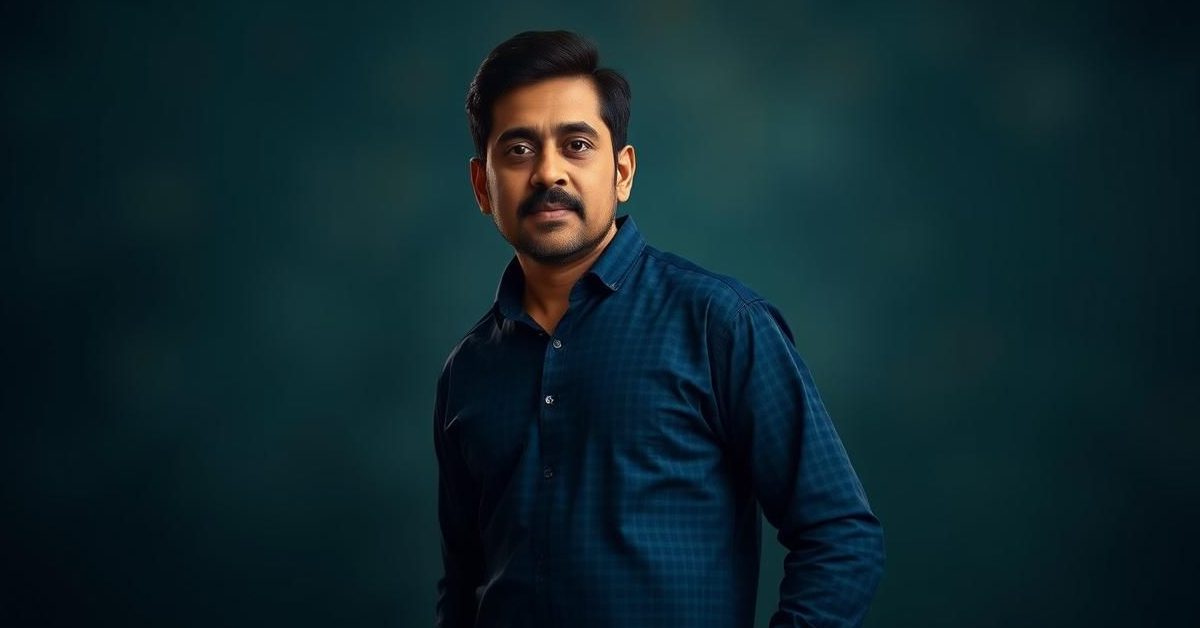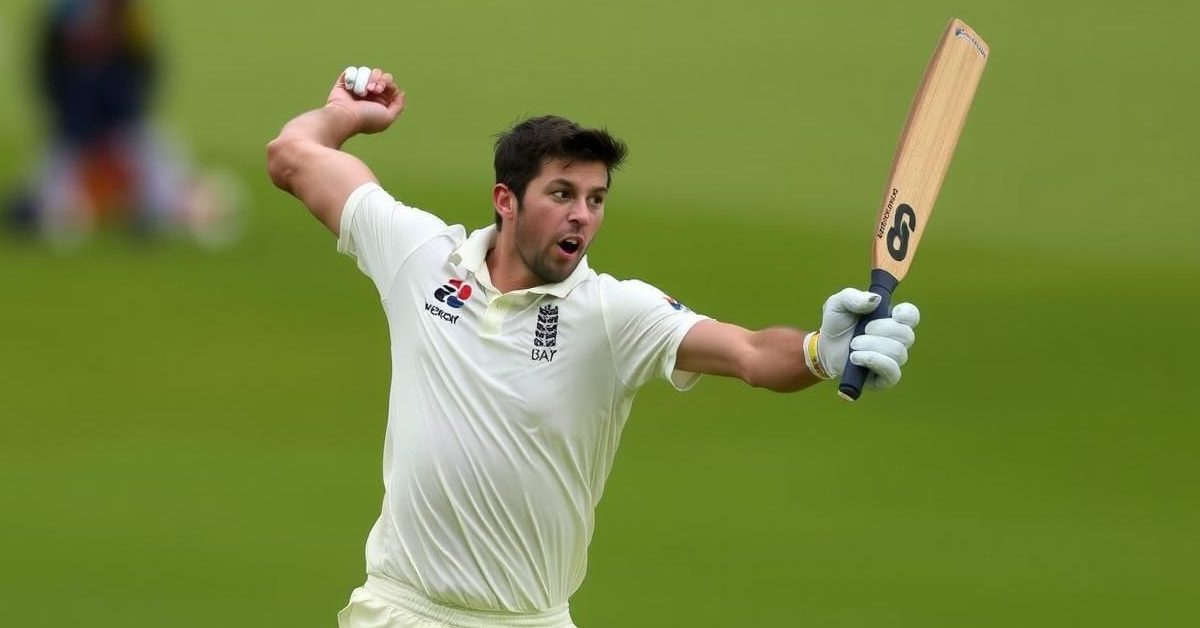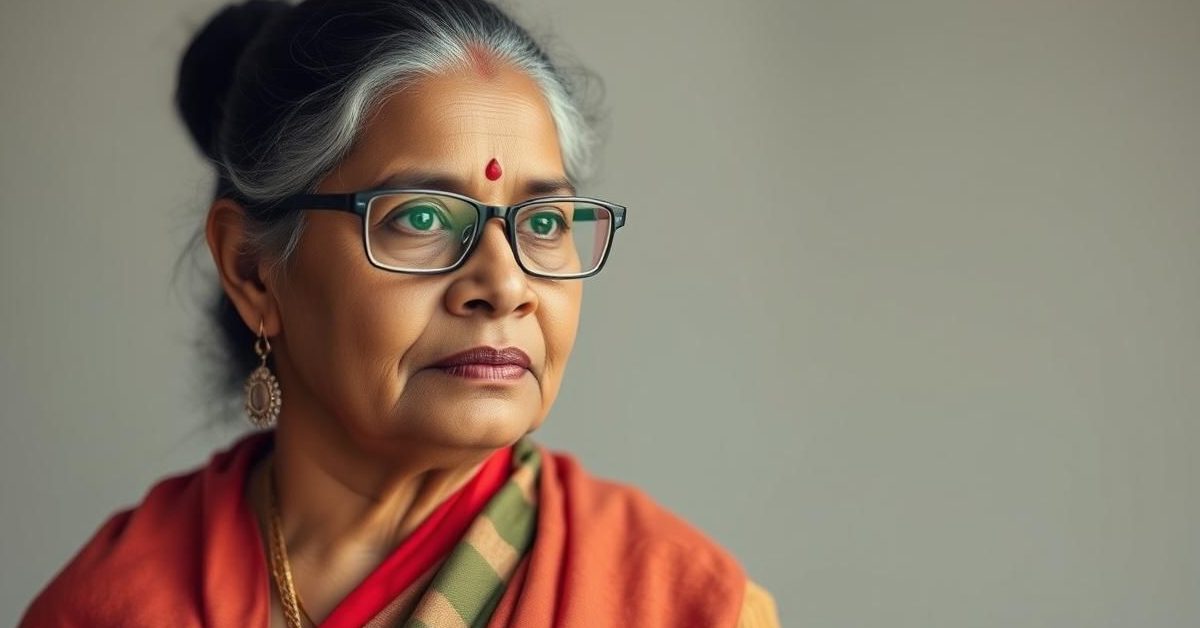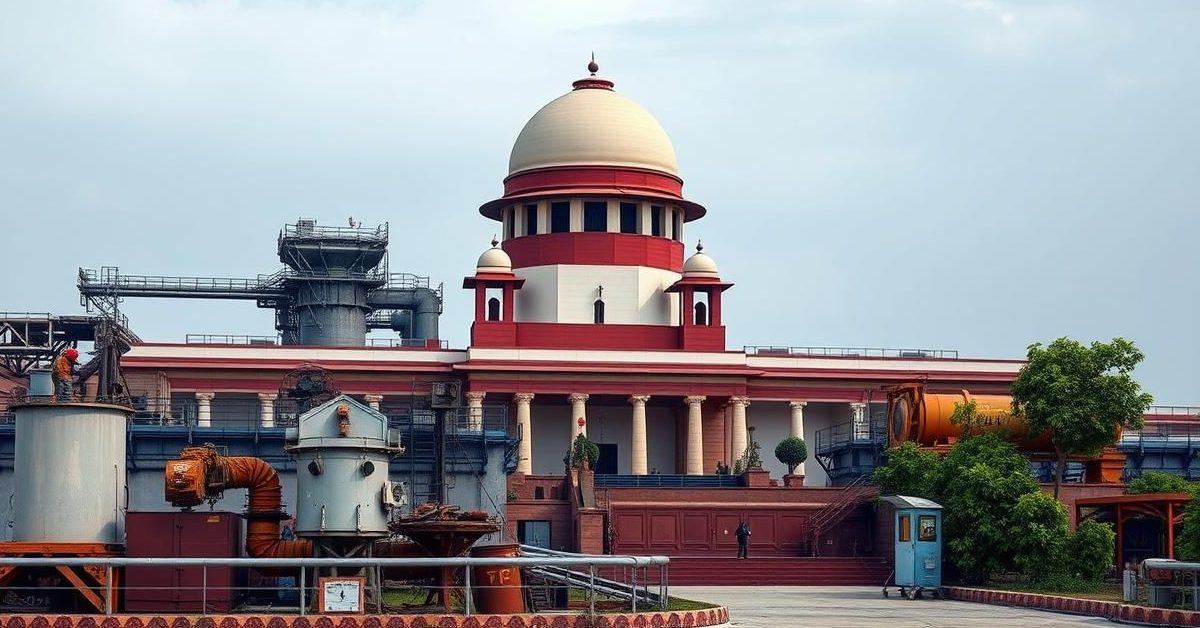The Unexpected Rise of Phulera: A Cultural Phenomenon
Five years ago, a quiet revolution began on Amazon Prime Video. A show, seemingly unassuming and devoid of the usual high-octane drama, started streaming and quickly captivated the hearts of millions across India. That show was *Panchayat*. Created by the acclaimed digital content powerhouse TVF (The Viral Fever), known for its relatable narratives and authentic storytelling, *Panchayat* was the quintessential dark horse. It didn’t rely on grand sets or celebrity endorsements; its charm lay in its simplicity, its genuine characters, and its refreshingly honest portrayal of rural life in the fictional village of Phulera, located deep within Uttar Pradesh. As the highly anticipated fourth season drops on June 24th, fans are eager to dive back into the lighthearted yet profoundly insightful world of its intriguing residents.
Beyond the Laughs: Nuance in Rural Relationships
At its core, *Panchayat*’s enduring appeal isn’t just its clever humor or the endearing struggles of its protagonist, Abhishek Tripathi, a city-bred engineering graduate reluctantly serving as the Gram Panchayat secretary. The series masterfully delves into the subtle intricacies of Indian village life, particularly its gender dynamics. While the traditional patriarchal structure is undeniably present and palpable, *Panchayat* offers a unique, often heartwarming, perspective on how this framework can co-exist with a gentle, evolving form of masculinity. It’s a delicate balance, portraying power structures without demonizing individuals, and highlighting the quiet shifts that can occur within established norms.
Patriarchy Under a Different Lens
In Phulera, the nominal head of the village is Manju Devi, played with understated brilliance by Neena Gupta. However, the real power often resides with her husband, Brij Bhushan Dubey, affectionately known as Pradhanji, brought to life by the veteran Raghubir Yadav. This setup, where a woman holds an elected office but her male relative wields the actual authority, is a stark reality in many parts of rural India. The show doesn’t shy away from this. We see Pradhanji making decisions, attending meetings, and being the public face of the Panchayat, while Manju Devi primarily tends to household duties. Yet, *Panchayat* avoids caricature. It presents this patriarchy not as an oppressive force, but as a deeply ingrained societal habit, sometimes born of tradition, sometimes out of convenience or lack of confidence from the elected woman herself.
The Rise of Gentle Masculinity
Where *Panchayat* truly triumphs is in showcasing the burgeoning concept of gentle masculinity within this very setting. Pradhanji, despite his traditional role, is not a tyrannical figure. He is often bumbling, occasionally cunning, but fundamentally good-hearted and deeply devoted to his community. We see glimpses of his evolving respect for Manju Devi, especially as she gradually steps into her role more confidently. He supports her, sometimes hesitantly, but ultimately, he becomes her quiet champion. The bond between Pradhanji, Vikas (Chandan Roy), and Prahlad Pandey (Faisal Malik) exemplifies a supportive, often vulnerable form of male camaraderie, devoid of toxic machismo. They are fallible, they share their worries, and they genuinely care for each other and for Abhishek.
Abhishek Tripathi’s Journey: A Mirror to Evolution
Jitendra Kumar’s portrayal of Abhishek Tripathi is central to this theme. Initially frustrated by his perceived stagnant life in Phulera, Abhishek grapples with bureaucratic hurdles and the slow pace of village life. Yet, through his interactions with Pradhanji, Manju Devi, Vikas, and Prahlad, he begins to shed his urban cynicism. He witnesses the quiet dignity of their lives, the strength of their communal bonds, and the subtle ways they navigate their world. His own masculinity, initially defined by urban aspirations, softens and adapts, transforming into a more empathetic and understanding presence. He learns to respect the local customs and eventually finds a sense of belonging and purpose, reflecting a more mature and gentle outlook.
Why Panchayat Resonates Deeply
The brilliance of *Panchayat* lies in its ability to tell a simple story with profound implications. It doesn’t preach or overtly critique; instead, it observes and presents. The authentic performances from its ensemble cast, under the astute direction of Deepak Kumar Mishra, coupled with the sharp yet heartfelt writing, create a world that feels incredibly real. It reminds us that change, particularly in deeply rooted societal structures, often happens subtly, through evolving relationships and quiet understandings, rather than grand pronouncements. As we anticipate the new challenges and charming moments of Season 4, *Panchayat* continues to offer a unique lens into the heart of India, celebrating its complexities while hinting at the beautiful co-existence of tradition and progressive thought.
